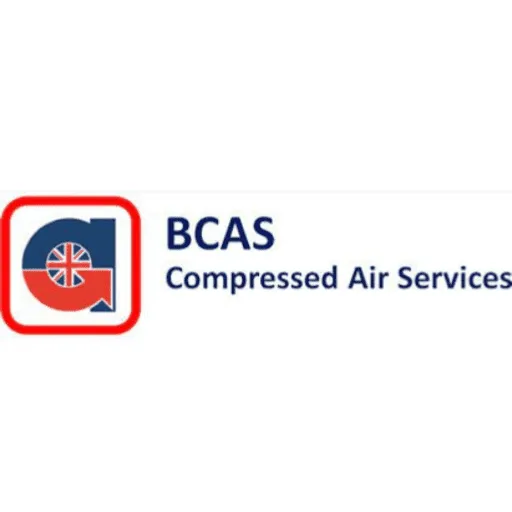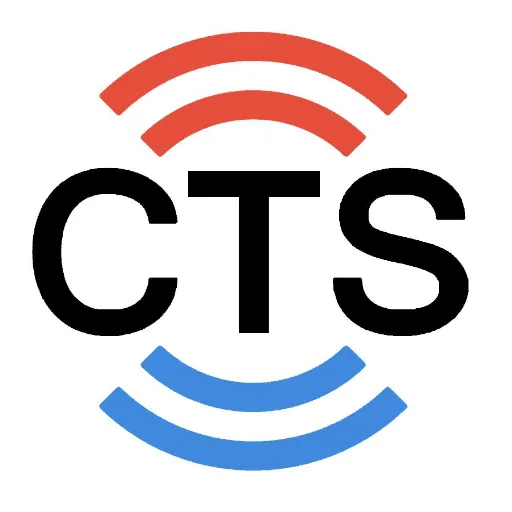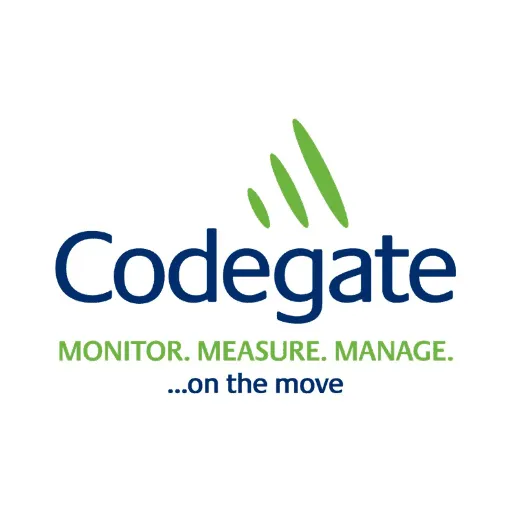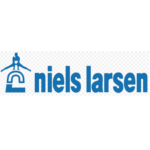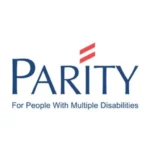Clear disciplinary procedures in the workplace are integral to the fair treatment of your staff. They provide a clear structure for dealing with issues arising from an employee’s performance or competence and ensure that all employees are treated consistently in similar circumstances. Employers must implement and adhere to clear disciplinary processes, and a failure to do so may cause an ex-employee to issue unfair dismissal proceedings against you.
Call us now on 01491 598 600 or email us on cw@gaphr.co.uk and we will be delighted to help you.
What Is The Purpose Of Disciplinary Procedures In The Workplace?
Disciplinary procedures in the workplace serve several purposes, including the following:
- Ensuring all employees understand what acceptable and unacceptable behaviour is.
- Reassuring employees that you will address any alleged digression from what’s expected of them in a fair, uniform manner.
- Making employees aware of the likely consequences of their failure to meet the expected standards.
- Ensuring all employees are treated fairly.
- Making sure all relevant personnel have a clear process to follow when dealing with unacceptable workplace behaviour.
- Minimising the risk of facing an unfair dismissal claim.
- Demonstrating to the employment tribunal that a dismissal was fair.
What Should You Include In Your Disciplinary Procedures In The Workplace?
Unfair dismissal law states that employers must deal with disciplinary issues reasonably. What constitutes ‘reasonable’ in any given case depends on the circumstances, and the employment tribunal will consider each case on its own facts and evidence. However, the ACAS Code of Practice on Disciplinary and Grievance Procedures provides a framework for employers to follow when designing disciplinary procedures in the workplace, and the employment tribunal is legally obliged to have regard to the code when considering whether a particular dismissal was fair. Accordingly, your disciplinary procedures in the workplace should, as a minimum, include the measures detailed in the code, which are as follows:
• Establish The Facts Of The Situation.
Before taking any action against an employee, you must swiftly ascertain the facts of the situation to establish whether the issue is one that you should pursue. Often, this will involve collating and considering any relevant evidence, which you should do as a priority. In some cases, establishing the facts may necessitate you holding an investigatory meeting with the employee. This meeting is a fact-finding exercise, and you cannot make any decisions on the back of it.
• Notify The Employee
If your preliminary investigations indicate a disciplinary case for the employee to answer, you must notify the employee in writing. Your letter must, as a minimum, contain the following information:
o Details of the issue under investigation.
o The potential consequences if misconduct or poor performance is established.
o Date, time and venue of the disciplinary meeting.
o Copies of any relevant evidence, such as witness statements.
o Details of the employee’s right to be accompanied at the meeting, including the types of individuals permitted to attend.
• Hold A Disciplinary Meeting
The disciplinary meeting is a key stage in disciplinary procedures in the workplace. You should hold the meeting as soon as you can but allow the employee sufficient time to prepare their case.
The purpose of the meeting is for you to have a productive discussion with the employee about the issue. You should explain to the employee what you have discovered and put forward the evidence you have gathered. You must give the employee a chance to present their version of events and should ensure they feel comfortable asking any questions.
• Decide On What, If Any, Action You Should Take
As soon as possible after the disciplinary meeting, you should decide whether the facts of the case warrant you taking any further action. You must inform the employee of your decision in writing.
What Are The Potential Consequences Of Not Adhering To Fair Disciplinary Procedures In The Workplace?
You cannot face an unfair dismissal claim purely by failing to follow the ACAS code. However, as we explain above, the tribunal will consider the provisions of the code when deciding whether a dismissal was fair and reasonable. Furthermore, the tribunal is at liberty to increase the damages awarded in a successful claim by up to 25% if it deems the employer’s failure to comply with the code was unreasonable.
How We Can Help You Implement And Adhere To Fair Disciplinary Procedures In The Workplace
We specialise in providing HR services to small businesses around the UK. We are employment law experts dedicated to using our expertise and experience to ensure our clients understand their obligations as employers and operate fair processes that reduce the occurrence of disciplinary issues.
We will work with you to develop a fair, legally compliant disciplinary procedure that aligns with your business’s values and is suitable to the nature and size of your organisation. When a disciplinary issue arises, we will guide you through the process, ensuring all action taken is fair and reasonable, and mitigating the risk of an employee commencing lengthy, expensive legal action against you.
Call us now on 01491 598 600 or email us on cw@gaphr.co.uk and we will be delighted to help you.

